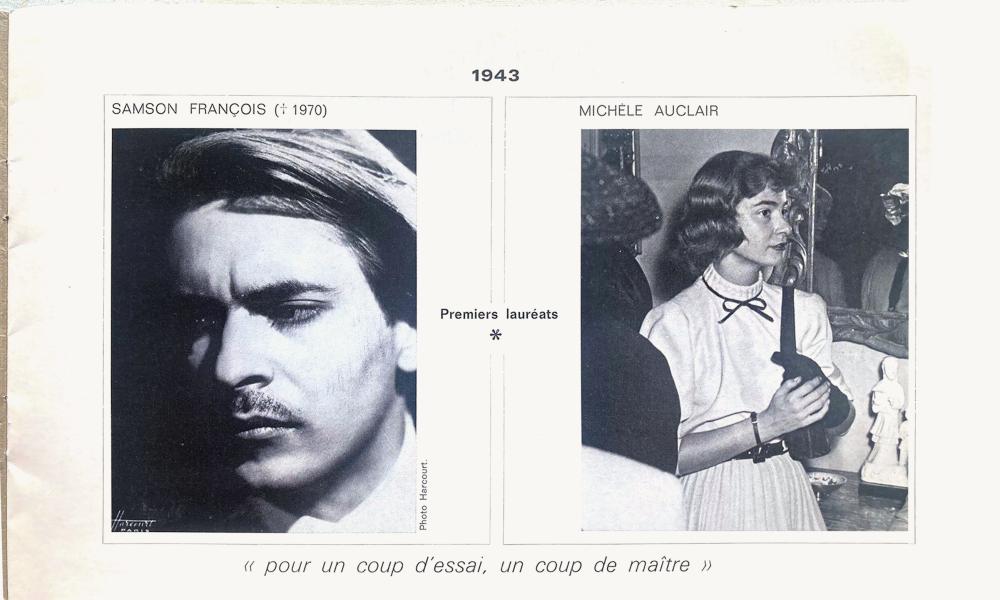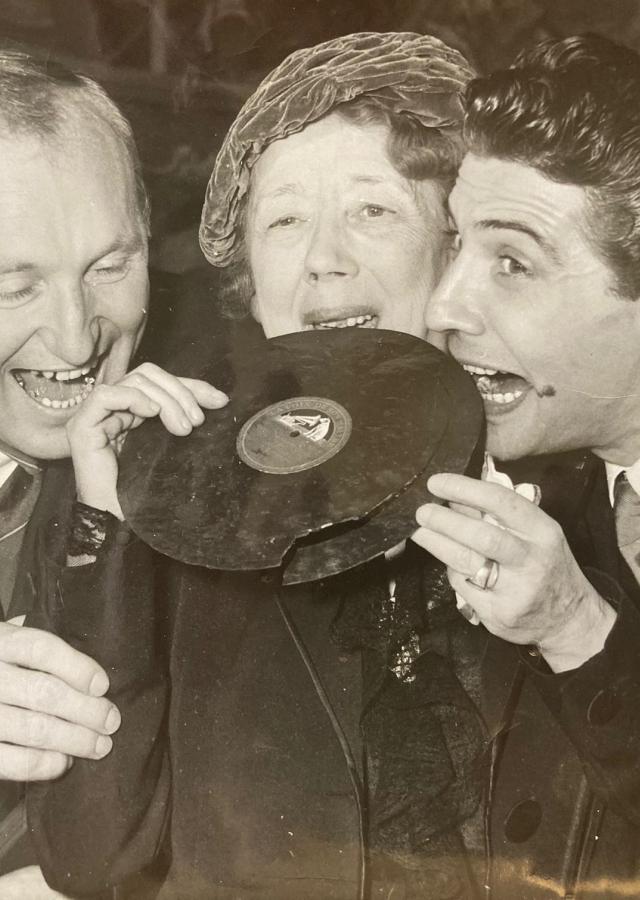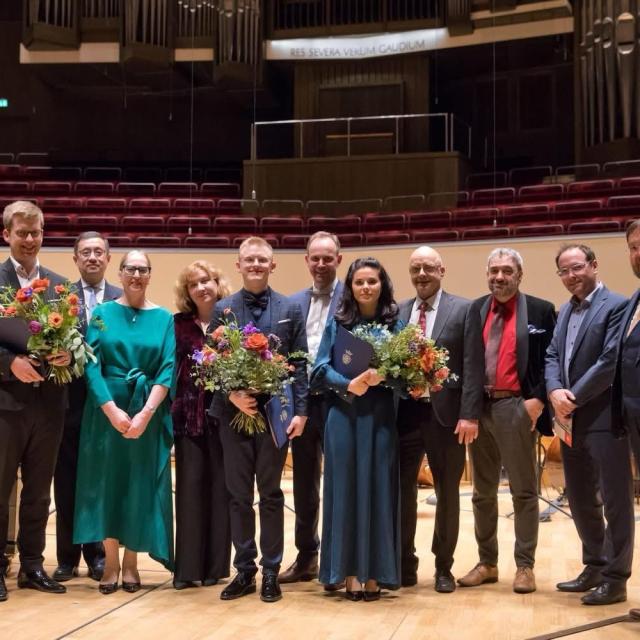English version
PARIS AND THE MARGUERITE LONG LECACY, an interview with Gérard Bekerman, President of the Long-Thibaud Competition
WFIMC: - How long has the Marguerite Long Competition been around, and how do you account for its longevity?
G.B. The competition was created in 1943. The first winner was Samson François. The jury was well inspired. Samson went on to become one of the most illustrious pianists of his generation. The success of the Long-Thibaud is due, I believe, to the renown of its founders, Jacques Thibaud for the violin and Marguerite Long for the piano. They were, especially Margueritte, friends of Fauré, Debussy, Ravel, Queen Elisabeth of Belgium, Cocteau, Picasso, Darius Milhaud, Poulenc, Arthur Rubinstein and Menuhin, who also presided over the Competition. I'm fortunate to be sitting in a beautiful armchair.
- What is Marguerite Long's legacy, and how does the Concours Long-Thibaud perpetuate it?
The legacy has no liabilities. To its credit, it has a worldwide reputation, a profound dedication towards young artists, to promoting their careers, organizing prestigious concerts on occasions such as Bastille Day, at places like the Invalides, the Château de Versailles and the Châtelet. When you're 20 years old, how wonderful it is to dream of playing in such prestigious venues! The Competition loves to carry on, to pass on its traditions.
The Concours Long-Thibaud has selected 32 candidates for this year's competition in Paris, many of them from Asia. However, your Jury does not include any members from Asia. Was this a choice?
No, it's a matter of chance over the years, dictated by the availability of artists. We have often invited Asian jurors, but you know, what you call “Asians” are also artists who have often trained in our European conservatories, notably in France, and then returned to live in Japan, China or Korea. To speak only of France, but I should also mention Austria, Russia or Germany, the teachers of these 32 candidates may have been trained by the likes of Geneviève Joy, Eric Heidsieck, Lucette Descaves, Germaine Devèze or even Marguerite Long. Candidates may be of Asian descent, but they haven't forgotten their European education and training.
- What qualities should a pianist emphasize when entering the Long-Thibaud Competition?
To be himself. Not trying to imitate a Cziffra or a Horowitz. To have strong fingers and an even stronger, dreamier soul. To forget that the piano, as Rubinstein used to say, is 95% perspiration and 5% inspiration. That 95% is for them. But the remaining 5% must be shared with those who are listening. In fact, music expresses a soul. In our age of artificial intelligence, nothing will be easier, in a few years' time, than to imitate velocity, pure technique and virtuosity. But who can replace a soul?
- Who are the most prestigious winners?
Those who will be revealed tomorrow. And those we have revealed in the past: Samson François, Ivry Gitlis, Vladimir Feltsman, Elisabeth Leonskaïa, Mikhail Rudy, Brigitte Engerer, Bruno Leonardo Gelber, Akiko Ebi. I could fill this page ...
- Finally, could you describe Paris in an original way, in line with the artistic effervescence for which it is famous, or simply tell us what you personally love about the city?
Paris is Love! Yes, as you so aptly put it, an “artistic effervescence”. You're never alone when you're in Paris. Of course, you can love Beijing, Seoul, Tbilisi, Munich or New York, but Paris is a place for life, freedom, art, friendship, sharing and culture. Paris doesn't just belong to the French. Fortunately! Its heart beats for everyone. For centuries, Paris has set the pace! Of course, I know many other cities that also know how to set the tone...



 Le Concours Long-Thibaud a sélectionné 32 candidats pour les épreuves qui se dérouleront à Paris cette année, parmi lesquels une grand majorité de représentants asiatiques. Cependant votre Jury ne comprend pas de membre venant d’Asie. Etait-ce un choix?
Le Concours Long-Thibaud a sélectionné 32 candidats pour les épreuves qui se dérouleront à Paris cette année, parmi lesquels une grand majorité de représentants asiatiques. Cependant votre Jury ne comprend pas de membre venant d’Asie. Etait-ce un choix? 







